Feeling sluggish, moody, or crampy for no good reason? Your body might be screaming for a little more magnesium—but instead of yelling, it’s whispering through headaches, muscle twitches, and general “blah” vibes.
Magnesium is like that quiet friend who keeps everything running smoothly behind the scenes—from muscle function and energy production to calming your nerves after a stressful Zoom call.
And yet, most of us are unknowingly ghosting this essential mineral. Yikes. The good news? You don’t need to sprint to the supplement aisle just yet.
Mother Nature has blessed us with some truly super foods that come loaded with magnesium, and they taste a whole lot better than a chalky pill.
So, whether you’re looking to level up your diet or just stop feeling like a potato with Wi-Fi, these 17 delicious superfoods will help you bring the magnesium magic back.
1. Spinach
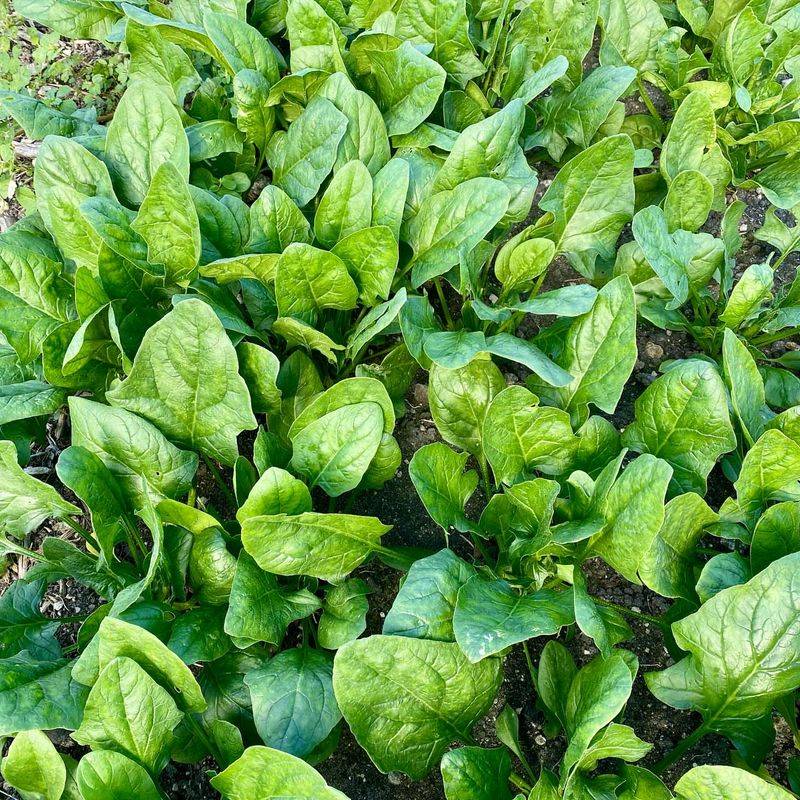
Packed with magnesium, iron, and vitamin K, spinach is a leafy green superhero. A single cup of cooked spinach delivers nearly 40% of your daily magnesium needs.
Its tender leaves blend effortlessly into smoothies and salads, making it a versatile kitchen staple. Hungry for something warm?
Spinach can also be sautéed with garlic and olive oil for a quick, delicious side dish. Spinach not only supports muscle and nerve function but also keeps your heart healthy. No wonder it’s a favorite among nutritionists!
Whether you’re making a classic spinach dip or sneaking it into a breakfast omelet, this leafy green is an easy way to boost your magnesium levels. So, the next time you’re at the grocery store, grab a bunch and let the superpowers of spinach work their magic in your meals.
2. Pumpkin Seeds
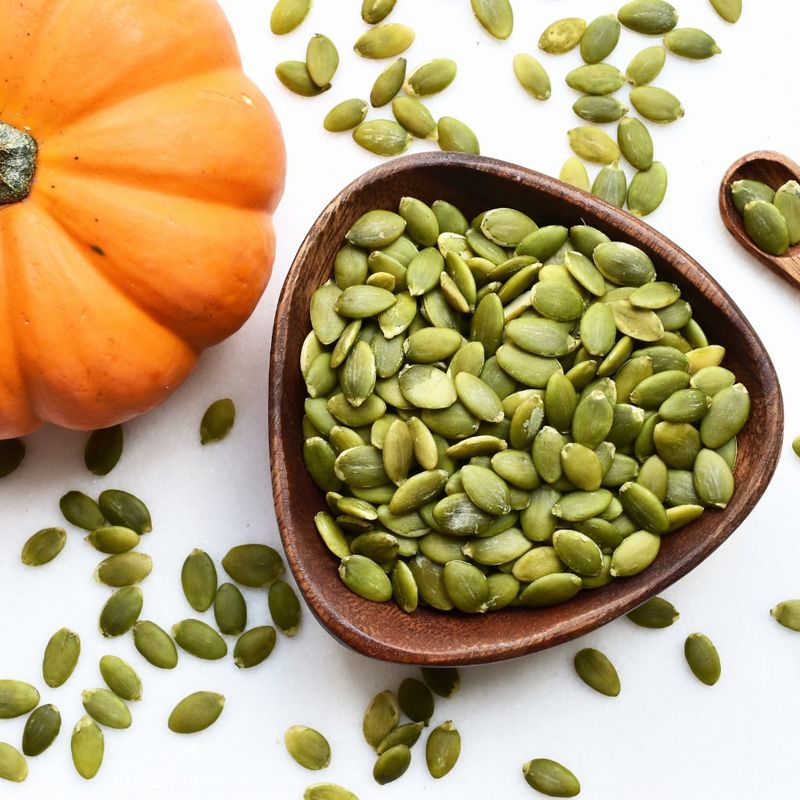
These little seeds are magnesium powerhouses. Just one ounce gives you nearly 40% of your daily value, plus they’re great for snacking or tossing into salads.
Roasted or raw, pumpkin seeds add a delightful crunch to your dishes without effort. Beyond magnesium, they offer zinc and iron, essential minerals that support immune health. Try sprinkling them over yogurt or blending them into pesto for an unexpected twist.
Their nutty flavor pairs beautifully with both sweet and savory recipes. For those late-night cravings, pumpkin seeds are a guilt-free choice that leaves you satisfied.
Rich in antioxidants, they also contribute to skin health. Keep a jar of pumpkin seeds handy and enjoy their wholesome benefits every day.
3. Almonds
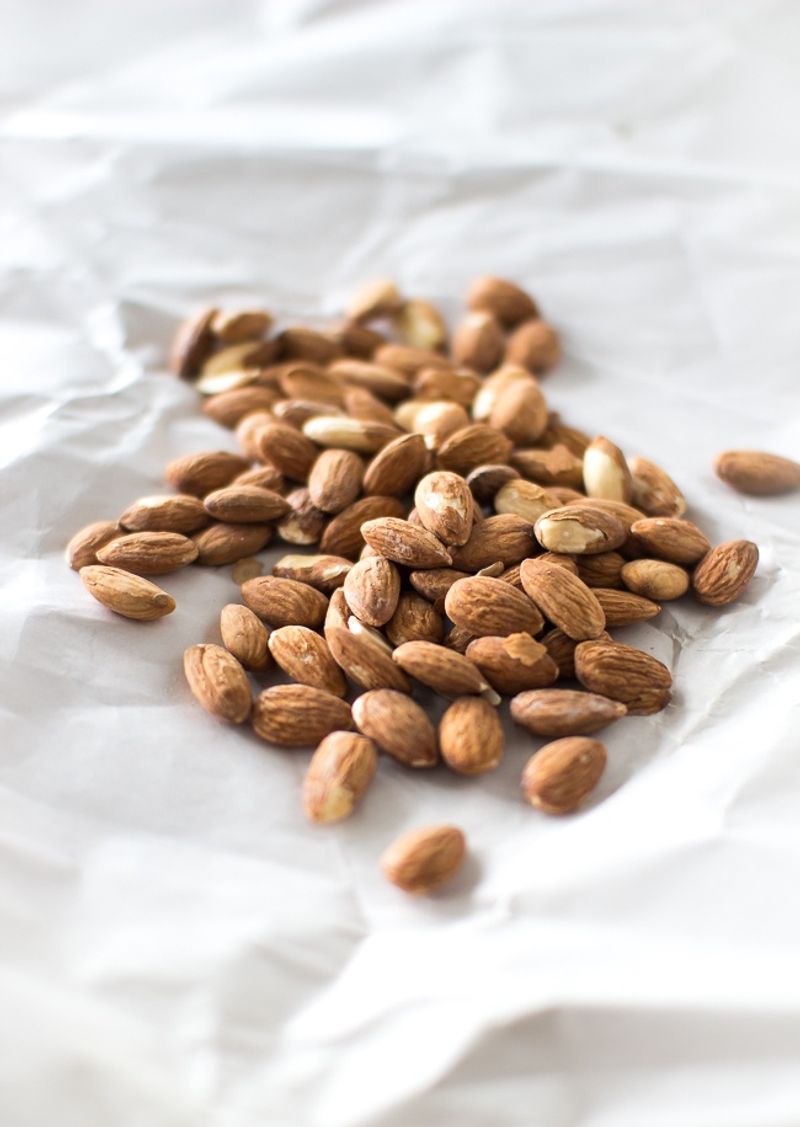
Crunchy, satisfying, and rich in magnesium, a handful of almonds gives you around 75 mg of magnesium. Bonus: they’re also loaded with healthy fats and vitamin E.
These nutty gems are perfect for those on the go. Feeling peckish? A small handful can keep hunger at bay while providing essential nutrients. Almonds are also known for their heart-healthy properties, as they help lower bad cholesterol levels.
Craving something sweet? Try almond butter on toast or blend almonds into your favorite smoothie. Their versatile nature means they can be enjoyed in countless ways.
From savory dishes to sweet treats, almonds are a delicious way to boost your magnesium intake and elevate your culinary creations.
4. Avocados
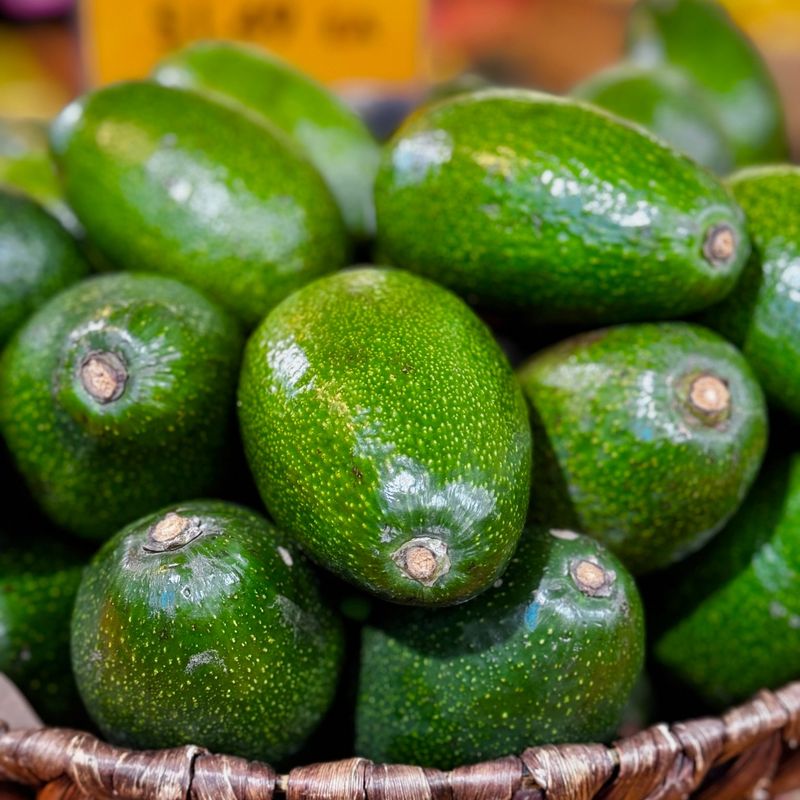
Creamy and nutrient-dense, avocados offer about 58 mg of magnesium per fruit. They’re also rich in potassium and heart-healthy monounsaturated fats.
Perfect for any meal, avocados can be enjoyed on toast, in salads, or as the base of a creamy smoothie. Their buttery texture and mild flavor make them a versatile addition to both savory and sweet dishes.
Did you know that avocados are technically a berry? This delicious fruit not only supports heart health but also aids in digestion and nutrient absorption.
For a quick and nutritious snack, try slicing an avocado and drizzling it with olive oil and lemon juice. With avocados, you can indulge in creamy goodness while boosting your magnesium intake.
5. Black Beans
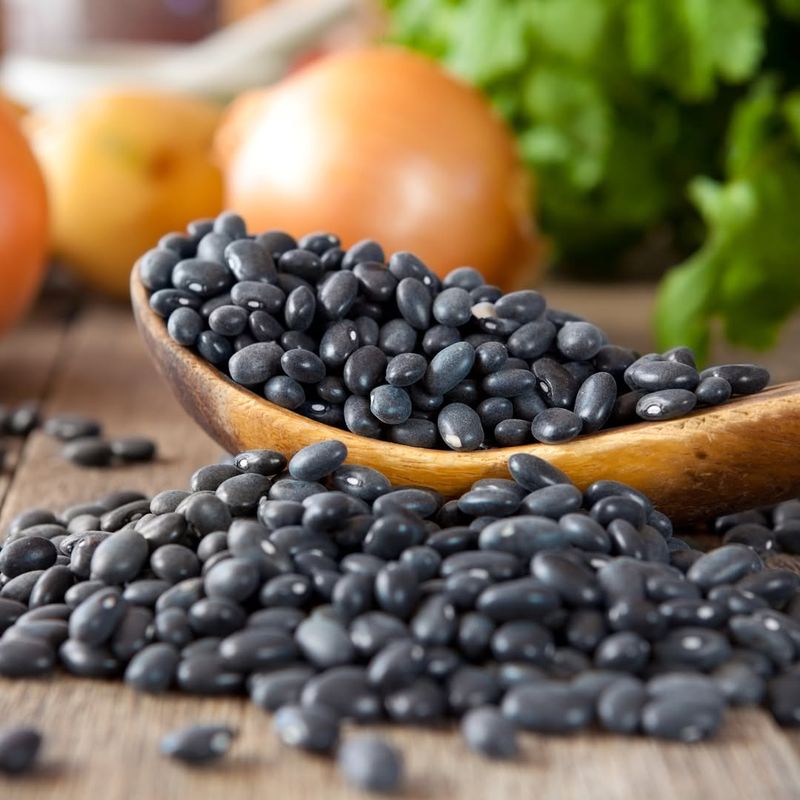
Just one cup of cooked black beans packs in 120 mg of magnesium. They’re also full of fiber and plant-based protein—perfect for heart health.
These little legumes are a staple in many cuisines, from Latin American to Caribbean dishes. Feeling adventurous? Whip up a batch of black bean soup or toss them into a hearty chili.
Not only do they add a satisfying texture, but they also provide essential nutrients that keep you energized throughout the day. Rich in antioxidants, black beans promote a healthy gut and support weight management.
Their versatility allows you to get creative in the kitchen, whether you’re making tacos or a nourishing salad. Dive into the world of black beans and experience their deliciously nutritious benefits.
6. Dark Chocolate (70%+ cacao)

Yes, dessert can be good for you! A 1-ounce piece provides up to 64 mg of magnesium, along with antioxidants and iron.
Indulging in dark chocolate not only satisfies your sweet tooth but also supports heart health. The rich, complex flavors of high-quality chocolate pair wonderfully with nuts and berries for a decadent treat.
Looking for a guilt-free dessert option? Melt some dark chocolate and drizzle it over fresh fruit or dip almonds for a delicious snack.
In moderation, dark chocolate is a delightful way to enjoy the benefits of magnesium while treating yourself to something sweet. It’s a win-win situation that makes healthy eating a pleasure.
7. Chia Seeds
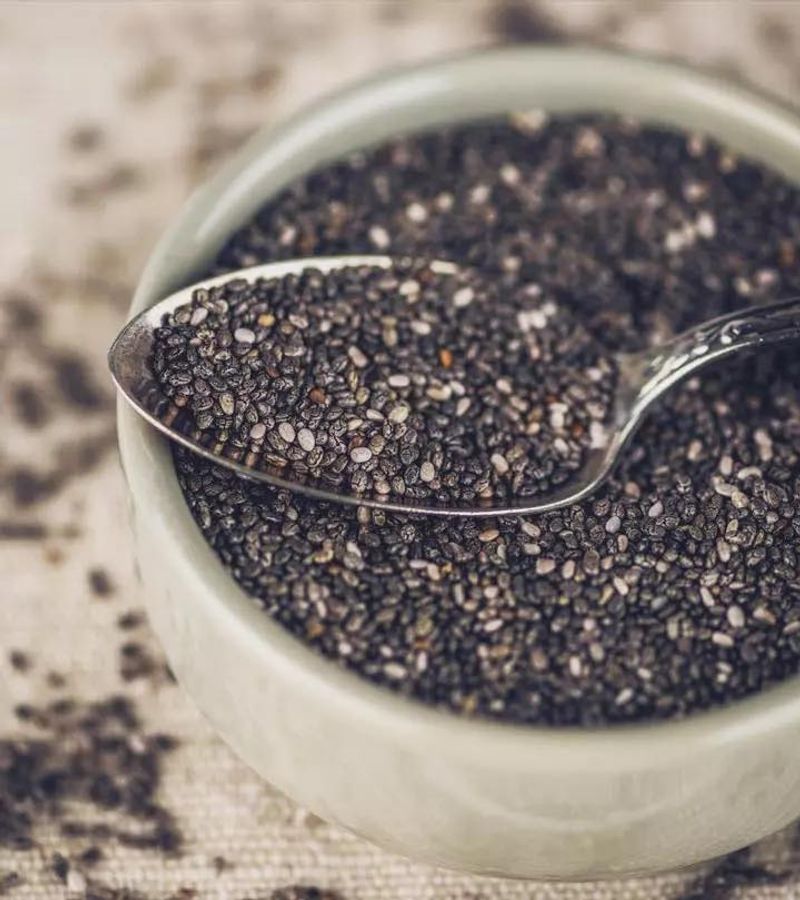
A tablespoon of chia seeds contains about 95 mg of magnesium. They’re also high in fiber, omega-3s, and calcium.
These tiny seeds pack a powerful punch and can transform your meals into nutritional powerhouses. Sprinkle them over cereal, blend them into smoothies, or make a classic chia pudding for a wholesome breakfast.
The gelatinous texture they create when soaked in liquid adds a fun twist to your dishes. Chia seeds not only support bone health but also keep you full and satisfied.
With their mild flavor and incredible nutritional profile, chia seeds are a must-have in every pantry.
8. Quinoa
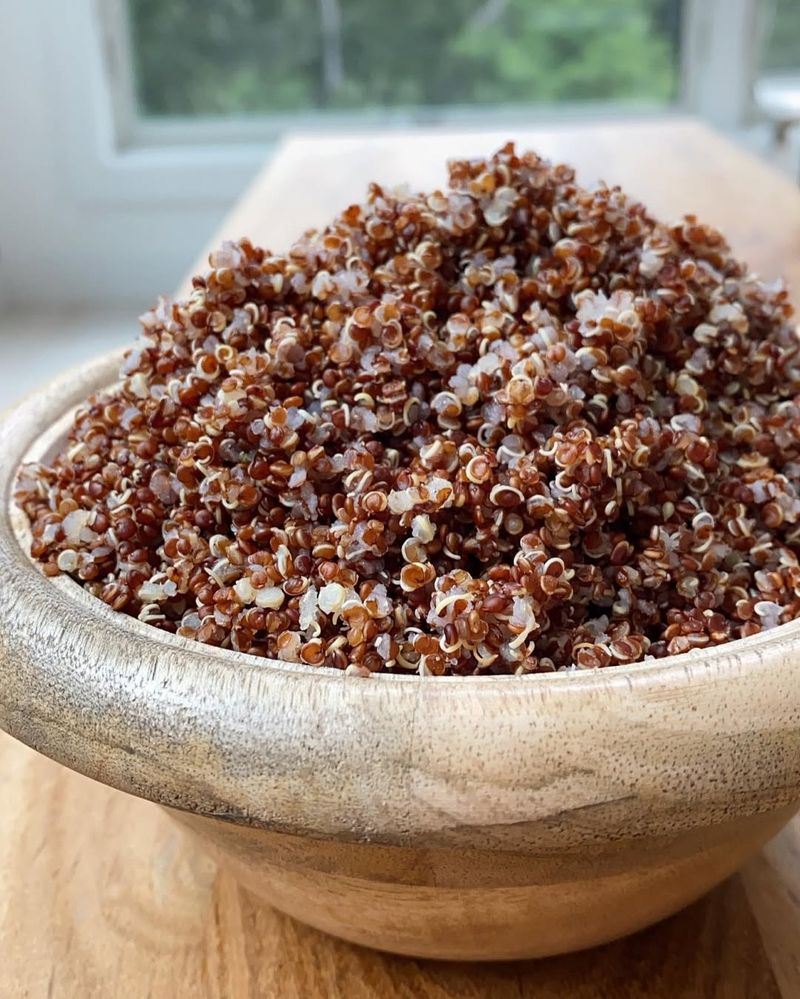
A gluten-free whole grain, quinoa offers 118 mg of magnesium per cup when cooked. It’s a complete protein, too! This ancient grain has gained popularity for its nutty flavor and versatility in the kitchen.
Looking for a nutritious side dish? Quinoa can be tossed with roasted vegetables or mixed into salads for added texture and flavor.
Not only does it provide essential amino acids, but it also supports energy production and bone health.
Quinoa is easy to cook and pairs beautifully with both savory and sweet ingredients. Whether you’re making a breakfast porridge or a savory pilaf, quinoa is a delicious way to boost your magnesium levels while enjoying a wholesome meal.
9. Cashews
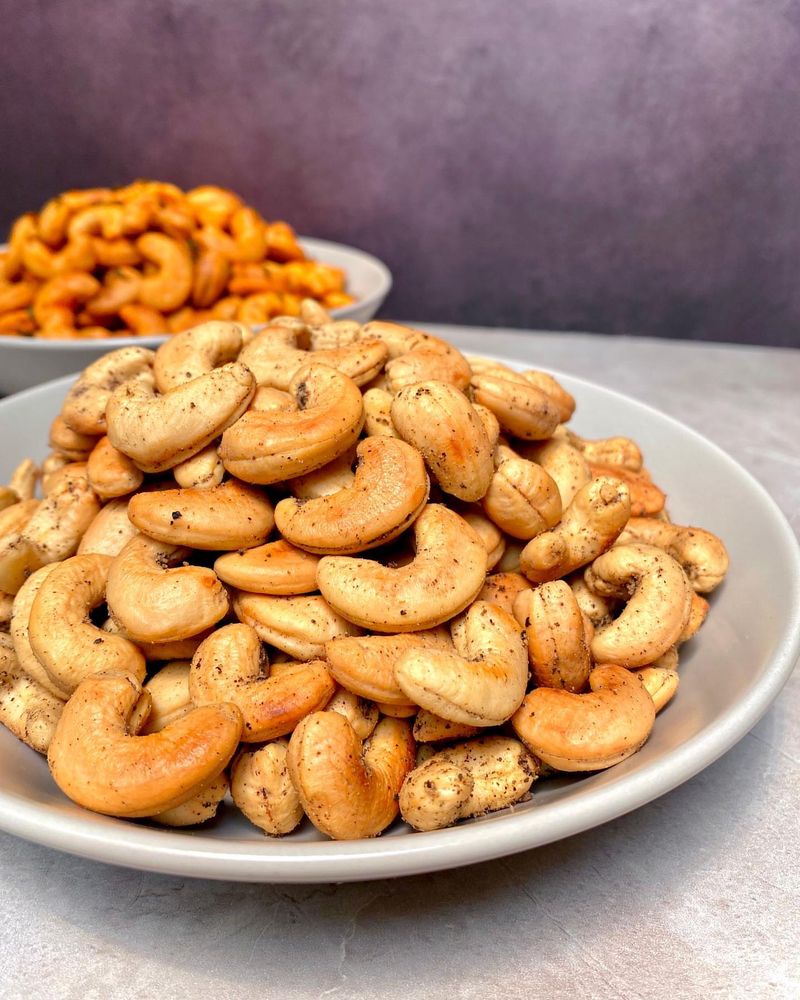
Cashews are buttery and rich, offering about 82 mg of magnesium per ounce. They’re also a good source of copper and zinc. These creamy nuts are perfect for snacking or adding to your favorite dishes.
Craving something savory? Try making a cashew-based cream sauce for pasta or a creamy dip for veggies. Cashews’ natural sweetness makes them an excellent ingredient in desserts, too. Beyond their delicious taste, they support brain health and immune function.
Their satisfying crunch and smooth texture make them a delightful addition to any meal or snack. Keep a stash of cashews on hand and enjoy their nutrition-packed goodness whenever cravings strike.
10. Tofu
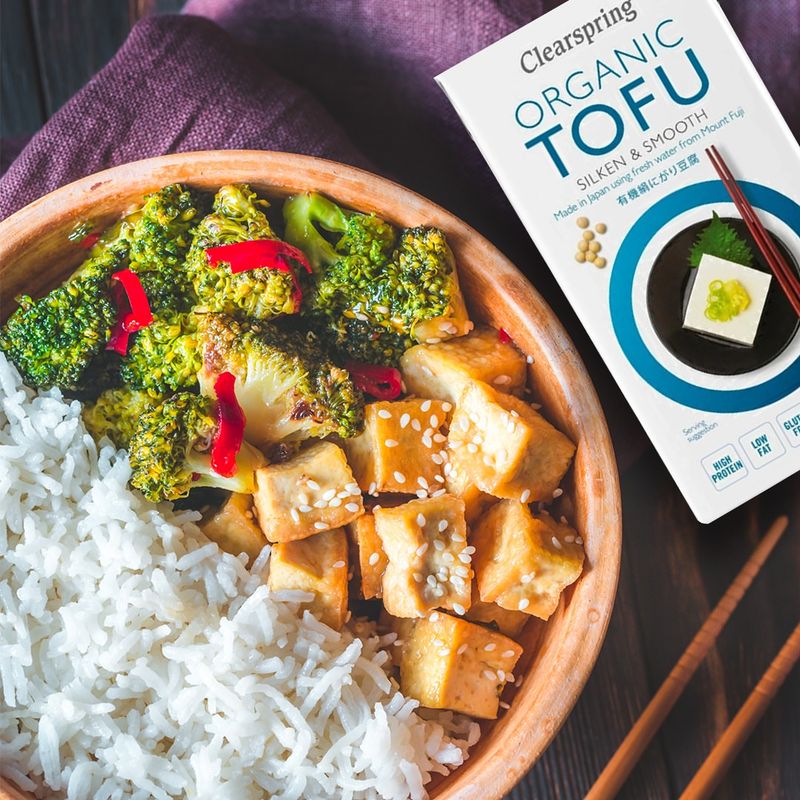
This versatile plant protein delivers around 37 mg of magnesium per 3.5-ounce serving. Tofu also contains iron and all nine essential amino acids. Its mild flavor makes it a canvas for a variety of dishes, from stir-fries to smoothies.
For a simple, protein-packed meal, marinate tofu with your favorite spices and bake until golden. Tofu’s silky texture also lends itself well to creamy desserts and dips.
Did you know that tofu has been a staple in Asian cuisine for over 2,000 years? As a healthy alternative to meat, tofu is a delicious way to enjoy the benefits of magnesium while exploring new culinary horizons.
11. Edamame
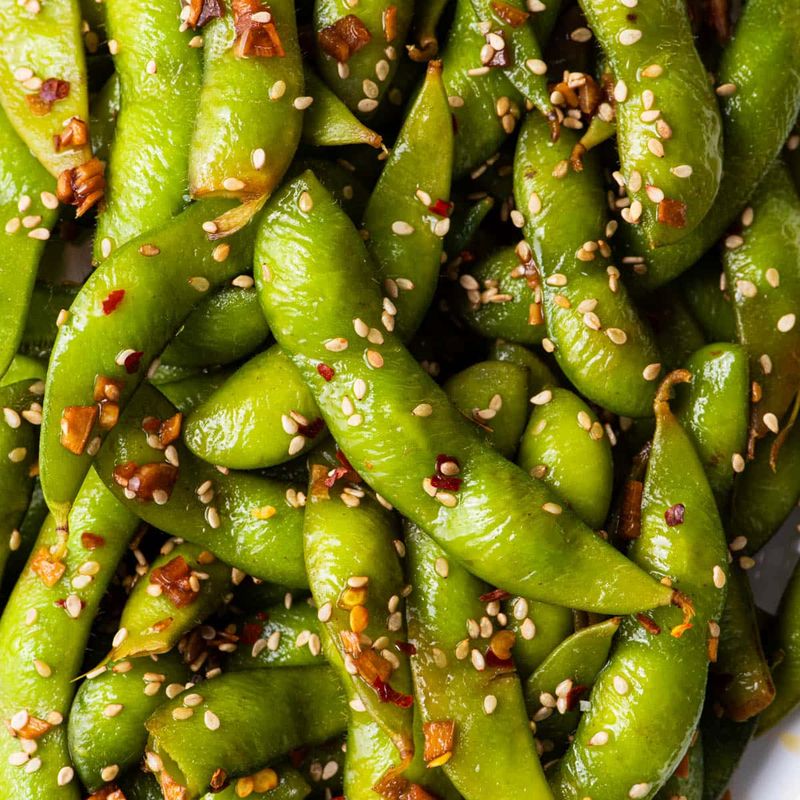
These young soybeans are fun to eat and packed with magnesium—around 50 mg per ½ cup—plus folate, fiber, and protein.
Edamame makes a tasty appetizer or snack, and they’re easy to prepare by steaming or boiling. Their vibrant green color and satisfying bite make them a favorite in Japanese cuisine.
Looking for a simple way to boost your magnesium intake? Add edamame to salads, stir-fries, or enjoy them straight from the pod with a sprinkle of sea salt.
They not only support heart health but also contribute to muscle and nerve function. Grab a handful of edamame and savor their fresh, nutty flavor while reaping the nutritional benefits.
12. Bananas
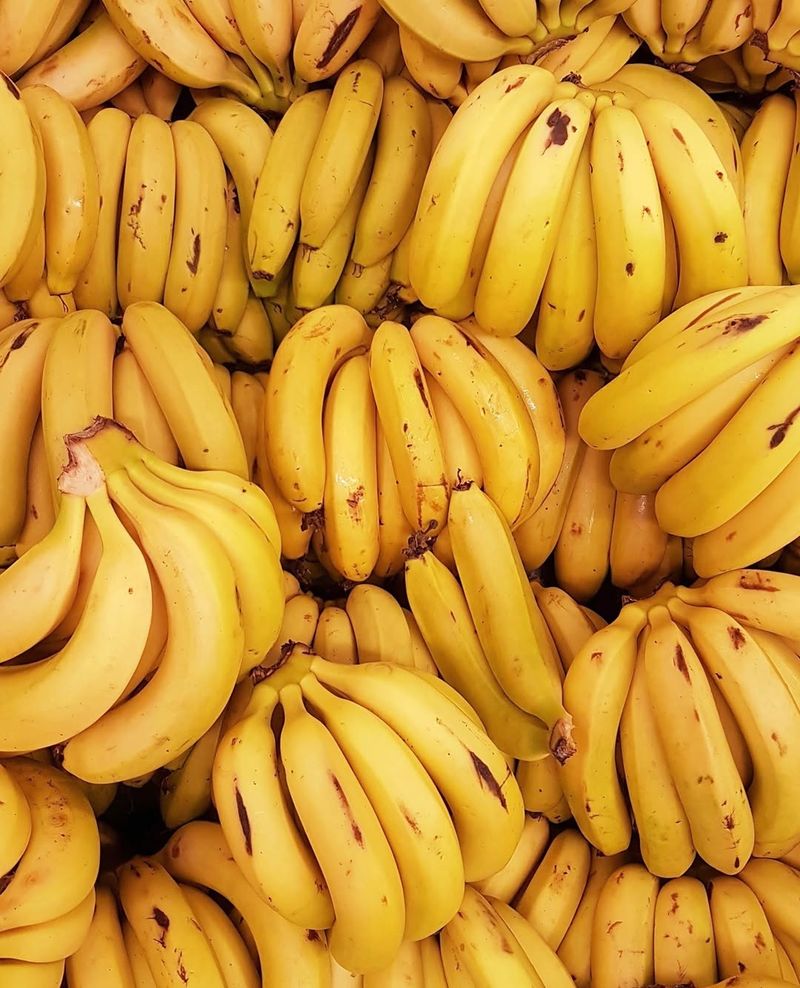
While better known for potassium, bananas also contain about 32 mg of magnesium per medium fruit. Easy, portable, and sweet, bananas are the perfect snack for those on the go.
Whether enjoyed on their own or added to smoothies and cereals, bananas offer a quick energy boost. Their creamy texture and natural sweetness make them a favorite for breakfast or as a post-workout snack.
The nutrients in bananas support heart health and muscle function. Did you know that the banana plant is actually an herb?
With countless ways to enjoy bananas, they’re a delicious way to incorporate magnesium into your diet. Grab a banana today and enjoy a healthy treat that fuels your body.
13. Swiss Chard
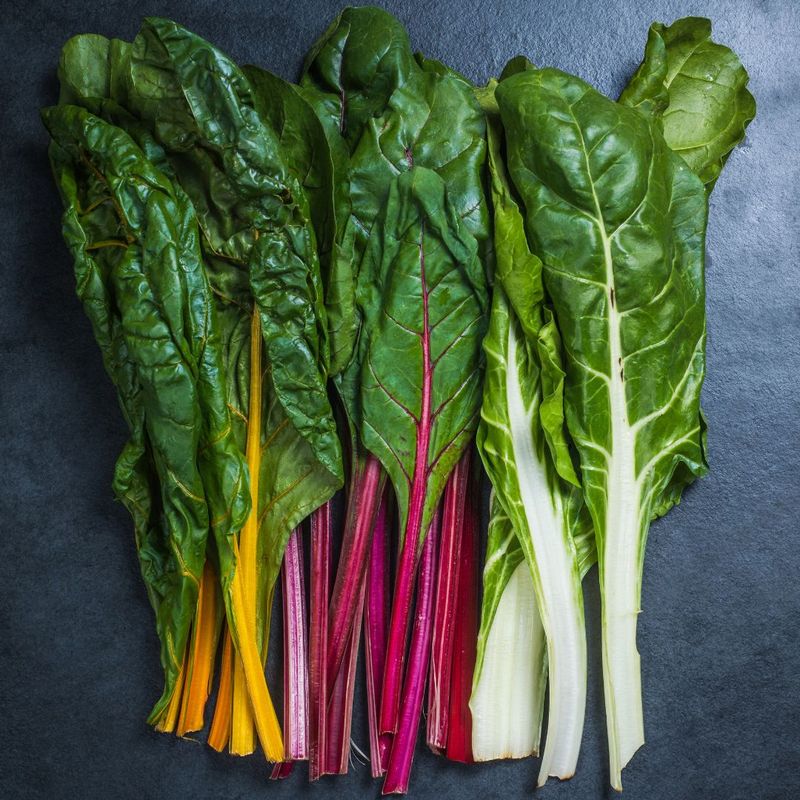
Cooked Swiss chard offers up to 150 mg of magnesium per cup. It’s also high in vitamins A and C, making it a stellar leafy green.
This colorful vegetable adds a pop of color and nutrition to your meals. Swiss chard’s slightly bitter taste pairs beautifully with garlic and lemon in a sautéed side dish. Need a nutritious boost? Add it to soups or casseroles for a hearty meal.
The antioxidants in Swiss chard support immune health and help reduce inflammation. This versatile green is not only delicious but also packed with vitamins and minerals that keep you feeling your best.
14. Brazil Nuts
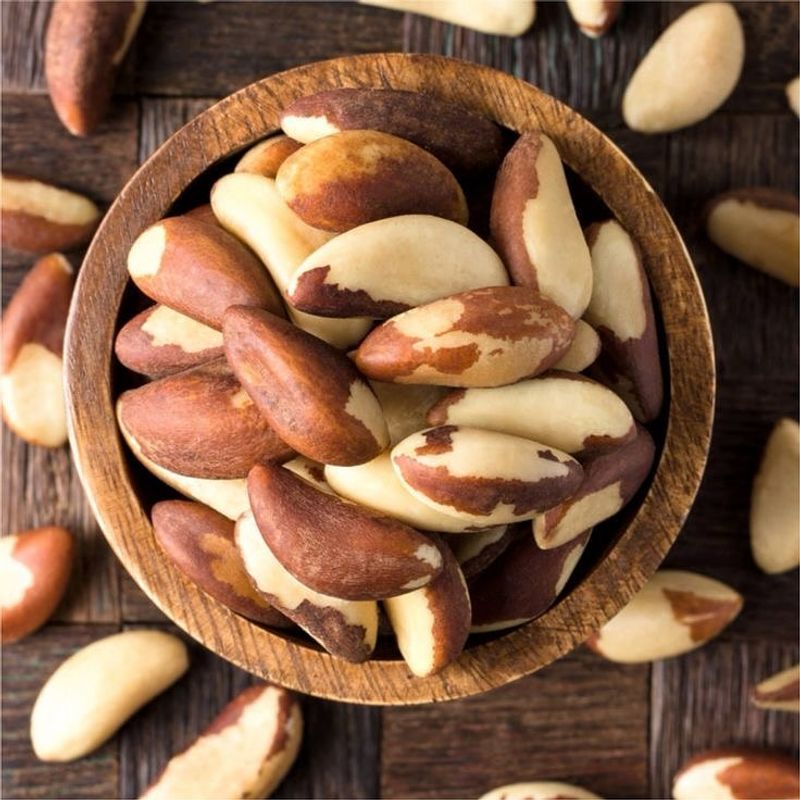
An ounce of Brazil nuts gives you nearly 107 mg of magnesium, along with selenium—important for thyroid and immune function.
These large, buttery nuts are a treat for both the palate and the body. Looking for a nutritious snack? Enjoy Brazil nuts on their own or mixed into trail mix for a boost of energy.
Their rich, creamy texture makes them an excellent addition to baked goods and desserts. Beyond their delicious taste, Brazil nuts contribute to heart health and support a healthy metabolism.
Just a few a day can make a big difference in your magnesium intake. Discover the richness of Brazil nuts and elevate your snacking experience.
15. Brown Rice
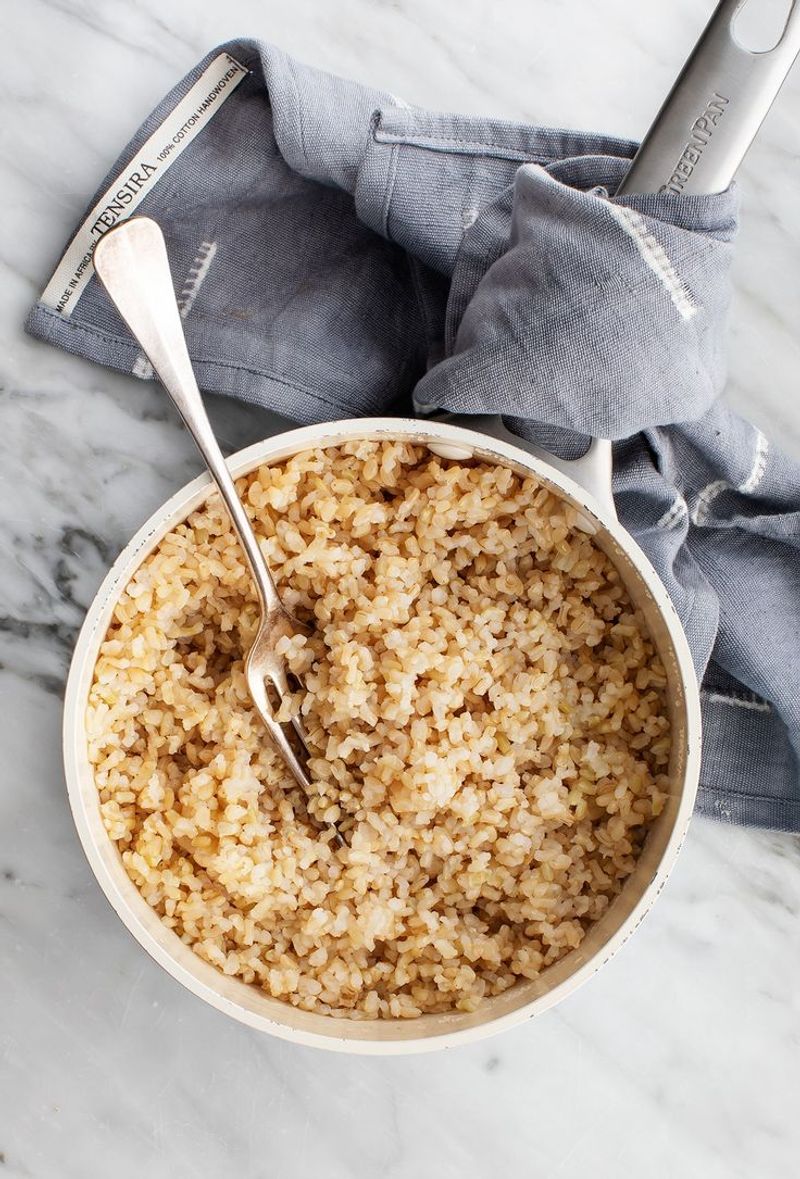
This whole grain gives about 84 mg of magnesium per cup when cooked, making it a staple for both energy and mineral intake. Brown rice is a versatile side dish that complements a variety of flavors and cuisines.
Looking to enhance your meals with whole grains? Brown rice can be paired with stir-fries, curries, or used as a base for grain bowls.
Its nutty flavor and chewy texture add depth to your dishes while providing essential nutrients. Rich in fiber, brown rice supports digestive health and helps maintain stable blood sugar levels.
16. Figs (Dried)
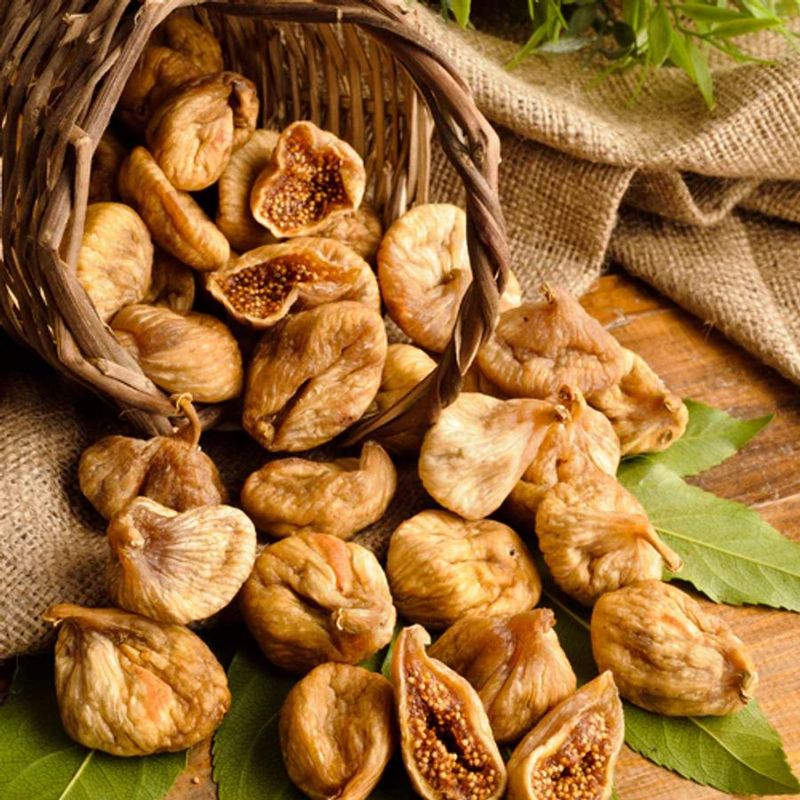
A cup of dried figs offers around 101 mg of magnesium and makes a delicious, chewy snack with natural sweetness.
These ancient fruits have been enjoyed for centuries for their delightful flavor and nutrition. Looking for a healthy snack?
Dried figs can be eaten on their own or paired with nuts and cheese for a gourmet twist. Their chewy texture and sweet taste make them a favorite in baked goods and desserts.
Beyond their deliciousness, figs support digestion and bone health. Did you know that figs are one of the oldest cultivated fruits?.
17. Oats
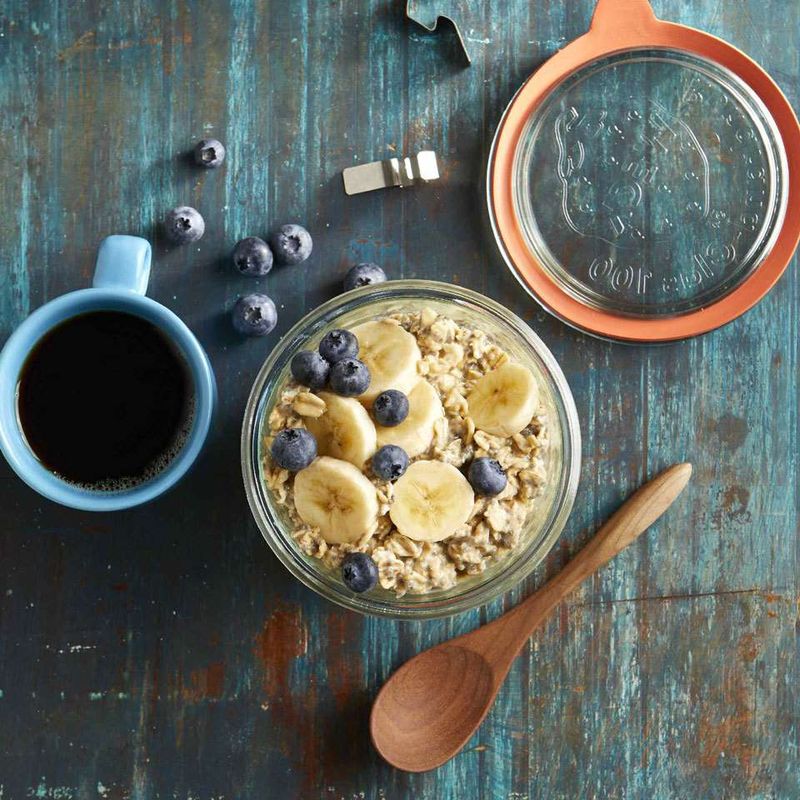
Whether overnight or hot, oats provide about 63 mg of magnesium per cup. They’re also full of beta-glucan fiber that helps lower cholesterol. Start your day with a warm bowl of oatmeal or enjoy overnight oats for a quick breakfast option.
Their mild flavor allows you to get creative with toppings and mix-ins, from fruits to nuts. Looking for a heart-healthy choice? Oats are known for their ability to improve heart health and support weight management.
Their chewy texture and comforting taste make them a beloved breakfast staple. Incorporate oats into your meals and enjoy the goodness of magnesium in every bite.
Leave a comment